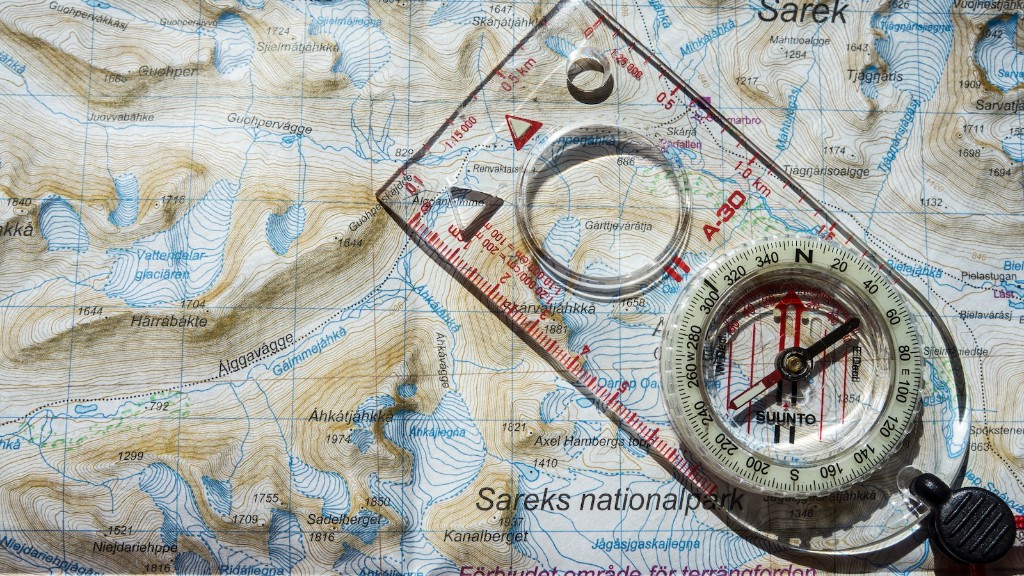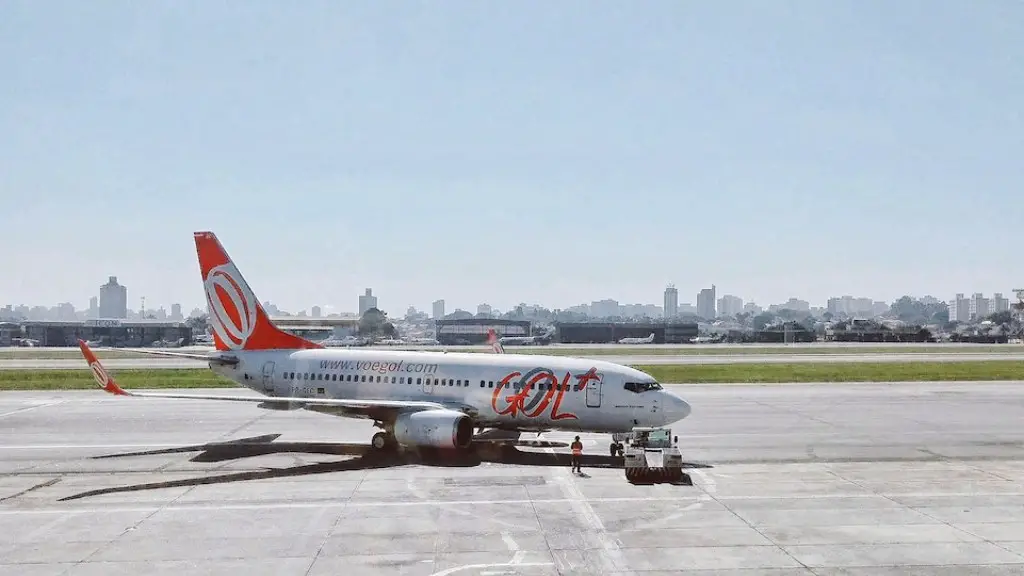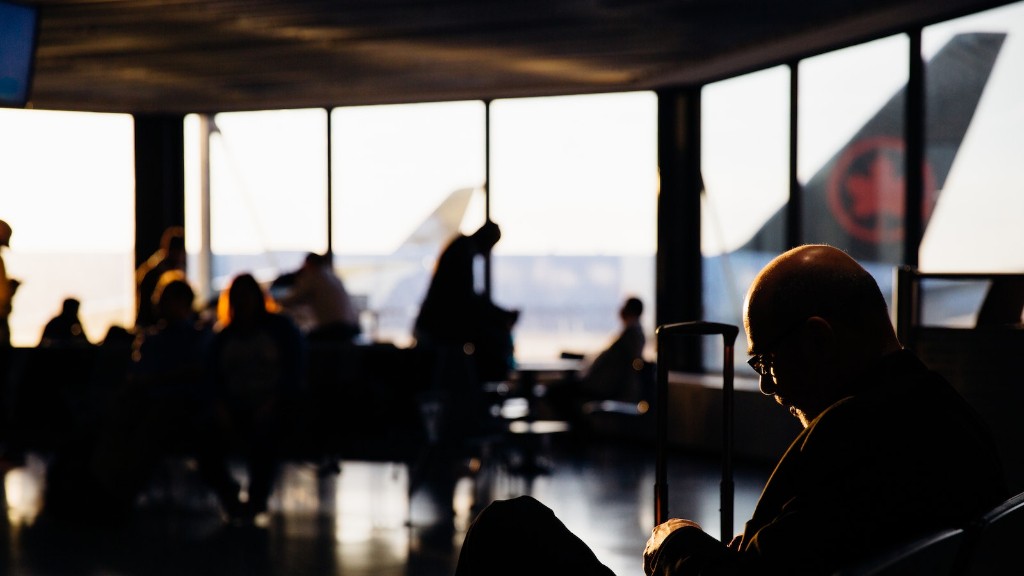As the Covid-19 pandemic continues to spread around the world, more and more people are cancelling their travel plans. But what if you still need to travel? Does travel insurance cover Covid-19 testing?
The short answer is, it depends. Some insurance policies may cover the cost of Covid-19 testing if you become sick while traveling. However, most policies will not cover the cost of testing before you travel.
If you’re considering buying travel insurance, be sure to read the fine print carefully. And if you have any questions, be sure to contact your insurance provider before you buy a policy.
At this time, most travel insurance policies do not cover COVID-19 testing. We recommend contacting your insurer directly to find out if your policy has been updated to cover COVID-19 testing.
What does COVID-19 travel insurance cover?
If you are planning to travel, it is important to check your insurance policy to see what coverage is available in case you are ordered to quarantine or contract the virus. Most policies will provide some coverage for Trip Cancellation or Trip Interruption if you are ordered to quarantine, and Emergency Medical and Medical Evacuation if you contract the virus while traveling. However, it is important to read the fine print of your policy to see what is covered and what is not. Some policies may have exclusions for coverage related to the Coronavirus, so it is important to be aware of these before you travel.
The comprehensive policy is a great option for those who want to be covered for a variety of potential problems while traveling. The main benefits are that it covers delays, cancellations due to sickness or death, lost luggage, and some emergency medical costs. This can give you a lot of peace of mind while traveling, knowing that you will be taken care of if something goes wrong.
Does airline trip insurance cover COVID
Many travel insurance policies now cover medical care for pandemic illnesses, such as COVID-19. However, it is important to read the fine print of your policy to understand what is and is not covered. Some policies may only cover medical expenses if you become ill while traveling, while others may only cover you if you are diagnosed with a pandemic illness before your trip.
If you’re considering cancelling or interrupting your trip due to an event that has already happened or that is already known about, your travel insurance policy is likely not going to cover you. This includes things like epidemics and fear of travel.
Does travel insurance cover cancellation due to positive Covid test?
Cancel for Covid-19 Sickness can provide reimbursement for prepaid and non-refundable trip payments if a trip is canceled or interrupted due to a traveler contracting the virus. Cancel for Covid-19 Sickness is included within some policies under the Trip Cancellation and Trip Interruption benefits.
If you have this coverage and need to cancel or interrupt your trip due to contracting the virus, you should contact your insurance company as soon as possible to file a claim.
If you’re planning on traveling soon, Allianz Travel Insurance can help you out if your plans unexpectedly change. If you or your travel companion are diagnosed with COVID-19 during your period of cover, you’ll be covered under selected benefits. So if you have to cancel your trip or come home early, you’ll be reimbursed for things like non-refundable travel expenses and accommodation.
What happens if you test positive for Covid on a trip?
If you test positive during your trip, it is very important that you do not travel and follow the recommendations for isolation. Remember, the requirements and recommendations in other countries may be different from what is required in the United States. Therefore, it is important to familiarize yourself with the requirements of the country you are visiting before you travel.
It is possible to continue testing positive for a period of time after a initial positive test result. Antigen tests may show positive results for a few weeks and nucleic acid amplification tests (NAATs) can show positive results for up to 90 days.
Are you still contagious with COVID-19 after 5 days
It is important to wear a mask through day 10 after you have come in contact with the virus because you can still spread it to others even though your symptoms may have subsided.
COVID-19 can stay in your system for a long time, even after you recover from the initial infection. However, you are not likely to be contagious for that long and are unlikely to transmit the virus to others.
How long are you contagious with COVID-19?
If you have COVID-19, it is important to isolate yourself to avoid infecting others. You should continue to isolate yourself for at least 10 days, and if you have severe symptoms, you may need to extend your isolation for up to 20 days. If you are immunocompromised, you should isolate yourself for at least 20 days.
Self-care is so important, especially during difficult times like we are currently experiencing. By following a few simple steps, we can take care of ourselves both physically and mentally. Keeping a daily routine is a great way to start, as it can help to ground us and provide a sense of normalcy. It’s also important to take breaks from the constant news cycle and social media, as it can be overwhelming and lead to anxiety. Instead, focus on self-care activities that make you feel good. Eating nutritious meals, staying active and getting enough sleep are all important ways to take care of your body and mind. Finally, avoid using drugs, tobacco and alcohol, as they can further negatively impact your health.
How long are you infectious with Covid
You may be infectious for up to 10 days. You are most infectious in the 2 days before your symptoms start and while you have acute symptoms (such as a runny nose, sore throat, fever, cough). Some people with COVID-19 do not develop symptoms at all but are still able to infect others.
Guaifenesin is a medication that is often used to help treat coughs. It is available in many over-the-counter medications, such as Robitussin, Mucinex, and Vicks 44E. Guaifenesin works by helping to thin and loosen mucus in the lungs, making it easier to cough up. This can be helpful for people with asthma and other lung diseases who need to clear their lungs of mucus to prevent bacterial infections.
Can you test negative for Covid and still be contagious?
You can have COVID-19 and spread it to others even if you do not have symptoms.
Your COVID-19 test can be negative even if you are infected. Most people do not test positive for the virus until days after exposure.
You may also be exposed to the virus after you are tested and then get infected.
It’s possible to forget something even if it’s important to you. Whether you’re forgetting where you put your keys or forgetting an appointment, it’s all the same. Your forgetting is a result of many different factors, including stress, tiredness, and distractions. Fortunately, there are things you can do to help you remember better. Next time, try some of these strategies:
-Make a list of what you need to remember and refer to it often
-Keep a calendar or organizer with you to keep track of appointments
-Break down larger tasks into smaller, more manageable steps
-Take a few moments to relax and clear your mind before you try to remember something
-Repeat information out loud to yourself
-Focus your attention on what you’re trying to remember
With a little effort, you can improve your memory and avoid forgetting things that are important to you.
Final Words
No, travel insurance generally does not cover Covid-19 testing.
There is no one definitive answer to this question since it can vary depending on the travel insurance policy in question. However, as Covid-19 testing becomes more widely available and necessary, it is likely that more and more insurance policies will begin to cover the cost of these tests. Therefore, it is best to check with your specific policy to see if Covid-19 testing is included.





